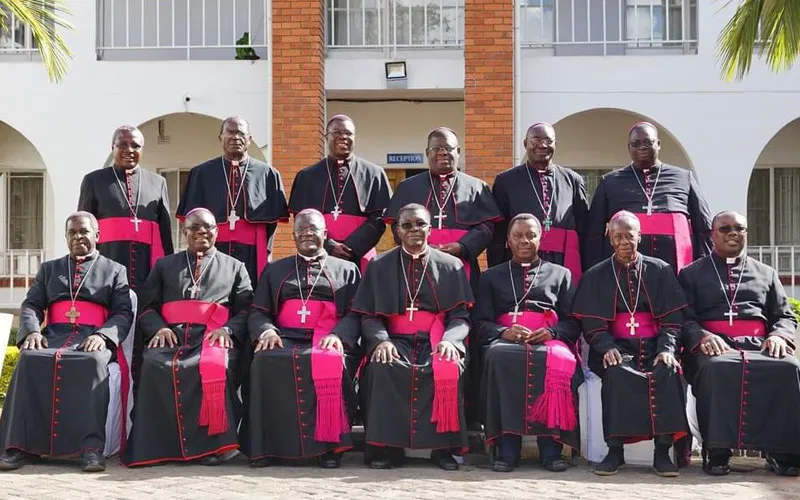By Arnold Neliba
LUSAKA, NOVEMBER 18, 2022 (CISA)- “The need to re-look into the constitution and other pieces of legislation, such as the Electoral Process, Public Order Act, the Criminal Procedure Code and the Penal Code is long overdue,” The Zambia Conference of Catholic Bishops (ZCCB) has said in a statement dated November 18.
The Catholic bishops faulted the “very slow,” constitutional review process and called for a clear roadmap for constitutional, electoral and legislative reform agenda towards addressing recurring shortfalls in the country.
The bishops said the gaps in legislation have perpetuated political violence, tribalism, regionalism, political intolerance, lack of intra-party democracy, hate speech, name-calling, bribery, the polarization of the media and corruption.
The bishops described the current constitution as “susceptible to regular alteration and politicization” while calling on the Government to “guide in an open and transparent manner when and how the constitutional, electoral and legislative reform processes will be undertaken.”
“The perceived biases by the Electoral Management Board (EMB) especially towards the ruling party has resulted in the diminishing public confidence in the Electoral Commission of Zambia. The way the recent Parliamentary By-elections in both Kabushi and Kwacha Constituencies on the Copperbelt, were conducted leaves much to be desired and a recipe for violence if left uncorrected. Both the Courts and the Electoral Commission could have done better,” the bishops said.
The bishops also listed corruption, inadequate personnel, poor funding, high cost of legal services, and lack of tools and equipment to carry out entrusted mandates as the problems affecting the judiciary, thereby, blocking the people from accessing justice and claiming their rights.
They said, “These challenges affect the judicial system and make it technically difficult for the ordinary and poor individuals to access justice and claim their rights.”
Promulgated in 1991, Zambia’s Constitution was drafted without a proper constitutional review process to restore multiparty democracy in the country and to meet the needs of the time. It was amended in 2009 and 2016.
Today, the Southern African country is a multiparty democracy with a presidential system of governance.
